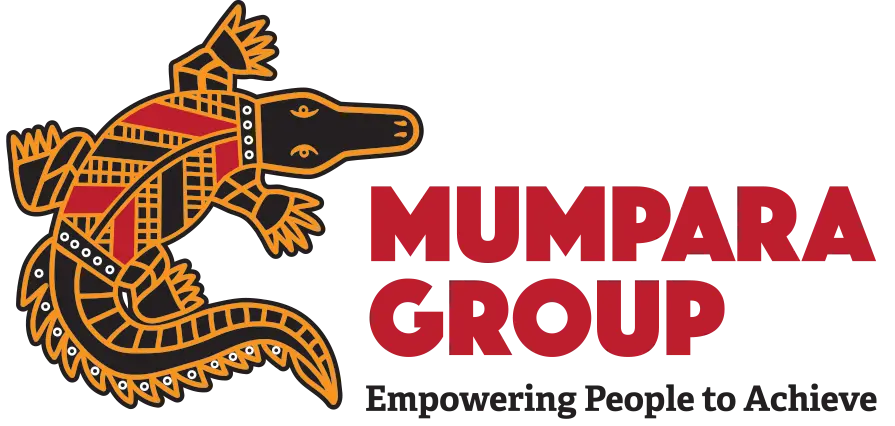Reconciliation between non-Indigenous and Indigenous Australians is a multifaceted journey that involves fostering respectful relationships and working together to address historical injustices and inequalities. At Mumpara Group, we are committed to supporting organisations. We aim to develop a robust Reconciliation Action Plan (RAP) that contributes positively to this crucial process.
Understanding Reconciliation
Reconciliation is about more than symbolic gestures; it’s about creating tangible outcomes that promote equity, respect, and opportunity for Indigenous Australians. It involves acknowledging past wrongs, actively addressing systemic barriers, and building genuine partnerships based on mutual respect and understanding.
Getting Started with Your Reconciliation Action Plan
Developing an effective RAP requires careful planning, consultation, and a commitment to long-term change. Here are essential steps to help guide your organisation through the process:
1. Establish a Reconciliation Action Plan Group
Forming a dedicated RAP group is crucial. This group should include representatives from diverse areas of your organisation, including senior leadership, HR, and relevant departments. Additionally, involving Indigenous stakeholders, such as community leaders or cultural advisors, ensures that perspectives from the communities you aim to support are integrated from the outset.
2. Define Your Reconciliation Vision
Begin by clarifying your organisation’s vision for reconciliation. Moreover, what specific outcomes do you hope to achieve? Your vision should align with broader reconciliation objectives and be realistic yet aspirational. This vision will guide the development of actionable strategies within your RAP.
3. Outline Your Reconciliation Action Plan
Utilise frameworks like Reconciliation Australia’s workplace framework, which categorises RAPs into Reflect, Innovate, Stretch, and Elevate stages. These stages provide a structured approach to reconciliation, allowing organisations to tailor their actions based on their current position and readiness for reconciliation.
- Reflect: Start with foundational activities such as cultural awareness training and acknowledging traditional custodianship.
- Innovate: Implement innovative practices that go beyond compliance, such as procurement policies that prioritise Indigenous suppliers or mentorship programs for Indigenous employees.
- Stretch: Set ambitious goals to challenge your organisation to make meaningful changes, such as closing employment gaps or achieving certification as a Reconciliation Leader.
- Elevate: Aspire to become a leader in reconciliation by advocating for broader societal change, influencing industry standards, and sharing your successes to inspire others.
4. Establish Timelines and Responsibilities
Develop a detailed timeline with specific milestones for each action within your RAP. Additionally, assign clear responsibilities to individuals or teams to ensure accountability and effective implementation. Regularly review progress against these timelines to track achievements and make adjustments as needed.
Expert Support and Resources
Developing a comprehensive RAP requires ongoing education, collaboration, and support. Additionally, organisations can benefit greatly from consulting with Indigenous engagement consultants or seeking guidance from organisations like Reconciliation Australia. These resources provide practical tools, case studies, and best practices to inform and strengthen your reconciliation efforts.
At Mumpara Group, we are dedicated to empowering organisations to develop meaningful RAPs that drive positive change for Indigenous communities. Moreover, leveraging our expertise in Indigenous-specific recruitment, training, and community engagement ensures that your RAP aligns with best practices and delivers measurable outcomes.
Take the Next Step
If you’re ready to embark on your reconciliation journey or need assistance in refining your RAP, Mumpara Group is here to help. Don’t hesitate to contact our team today to explore how we can collaborate to create an effective Reconciliation Action Plan tailored to your organisation’s unique goals and aspirations.
Reconciliation is an ongoing commitment that requires dedication, collaboration, and a willingness to learn and adapt. Therefore, by taking proactive steps through your RAP, your organisation can contribute to building a more inclusive and equitable Australia.




